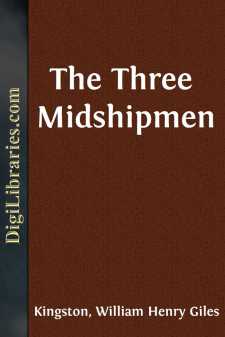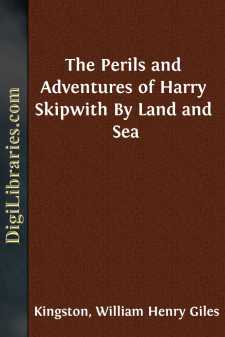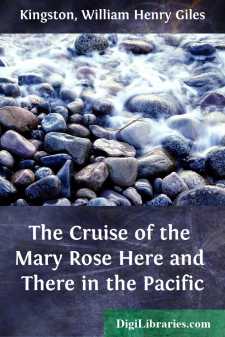Categories
- Antiques & Collectibles 13
- Architecture 36
- Art 48
- Bibles 22
- Biography & Autobiography 813
- Body, Mind & Spirit 142
- Business & Economics 28
- Children's Books 15
- Children's Fiction 12
- Computers 4
- Cooking 94
- Crafts & Hobbies 4
- Drama 346
- Education 46
- Family & Relationships 57
- Fiction 11829
- Games 19
- Gardening 17
- Health & Fitness 34
- History 1377
- House & Home 1
- Humor 147
- Juvenile Fiction 1873
- Juvenile Nonfiction 202
- Language Arts & Disciplines 88
- Law 16
- Literary Collections 686
- Literary Criticism 179
- Mathematics 13
- Medical 41
- Music 40
- Nature 179
- Non-Classifiable 1768
- Performing Arts 7
- Periodicals 1453
- Philosophy 64
- Photography 2
- Poetry 896
- Political Science 203
- Psychology 42
- Reference 154
- Religion 513
- Science 126
- Self-Help 84
- Social Science 81
- Sports & Recreation 34
- Study Aids 3
- Technology & Engineering 59
- Transportation 23
- Travel 463
- True Crime 29
Ben Hadden or, Do Right Whatever Comes Of It
Categories:
Description:
Excerpt
On the east coast of England, there is a small hamlet surrounded by high sand-hills, with scarcely a blade of grass or even a low shrub to be seen in its neighbourhood. The only vegetable productions, indeed, which can flourish in that light soil, are the pale green rushes, whose roots serve to bind the sand together, and to prevent the high easterly winds, so constantly blowing on that coast, affecting it as much as they would otherwise do. Even in spite of the opposition of the rushes, several deserted huts have been almost entirely covered up by the drifting sand. See Note 1.
The population of the village consists of seafaring people and their families. The men form the crews of the numerous vessels employed in the herring fisheries which belong to the various fishing-places on the coast. Nowhere along the shores of England are finer sea-boats or more hardy crews to be found.
Most of the herring vessels are luggers, from thirty to forty tons burden, and entirely decked over. Each carries from eight to ten men. They are divided below into compartments, or tanks: in one compartment, salt is stowed; into another, the herrings, as soon as caught, are thrown; in a third they are salted, and are then packed away in lockers, on either side of the vessel, till she is full. She is then steered for the shore to the point nearest to a railway, or where there is a market. Each vessel has several long nets: the upper part of the net floats close to the surface of the water, buoyed up by bladders; the lower part is kept down by small bits of lead, and one end is moored to the bottom by a heavy weight. The fish, as they swim in large shoals, strike against the net as against a wall, and are caught in the meshes. Herring fishing is carried on at night, when the fish cannot see the nets. When a vessel or boat has cast out her nets, she hangs on to the lee (See note 2) end of them till the morning.
Besides these large herring luggers, many open boats are used; and great numbers of other boats from the coasts of Scotland and the North of England resort to these seas in the herring season. There is yet another class of vessels which frequent this coast. They are the deep-sea fishing smacks—cutters measuring from thirty to fifty tons, each carrying about ten men. Their nets differ much from those used by the luggers and boats. They fish with trawls, and so are called trawlers. A trawl is a net with a deep bag fastened to a long beam, which long beam has a three-cornered iron at each end. This beam is dragged along at the bottom of the sea, and stirs up the turbot, bream, plaice, soles, and other flat-fish which lie there; when they swim into the bag and are caught. These trawlers fish in the North Sea, sometimes a hundred and a hundred and fifty miles away from England, off the Texel. Other fishing grounds are from twelve to twenty miles off the British coast. At times, more than a hundred vessels are together, forming a large fleet. One of the oldest and wisest of the captains is chosen as their head man, and is called the admiral of the fleet.
They have, of course, many rules and laws to govern them. When they fish far from the land, they remain out six weeks, or more; and do not once, all that time, go into port. There are, however, steamers employed, which run to and fro to carry them food and fresh-water, also to take ice to them. With this ice the fish are packed, as soon as caught, in large baskets. The steamers then collect the fish from the different fishing-vessels, and carry it to London, or to the nearest port where there is a railway station....












